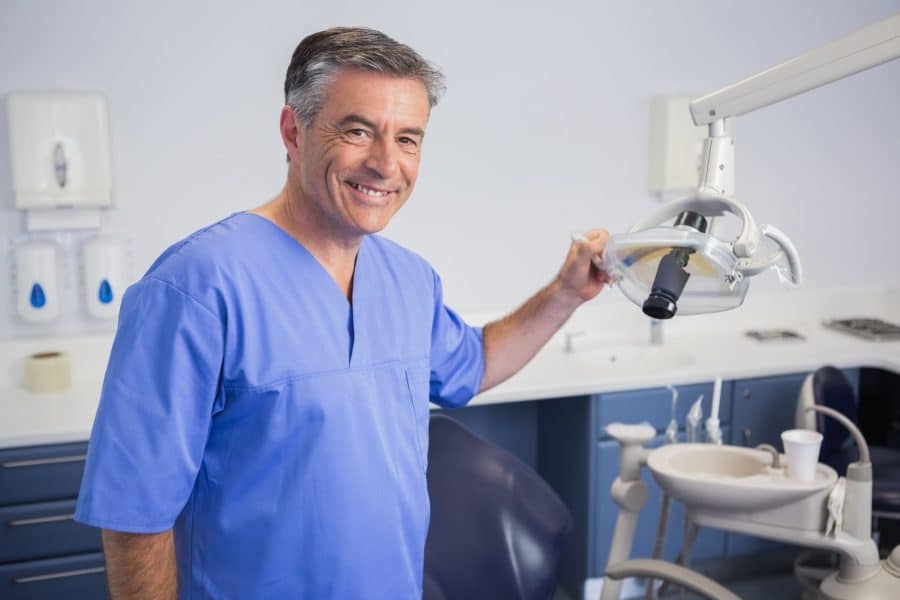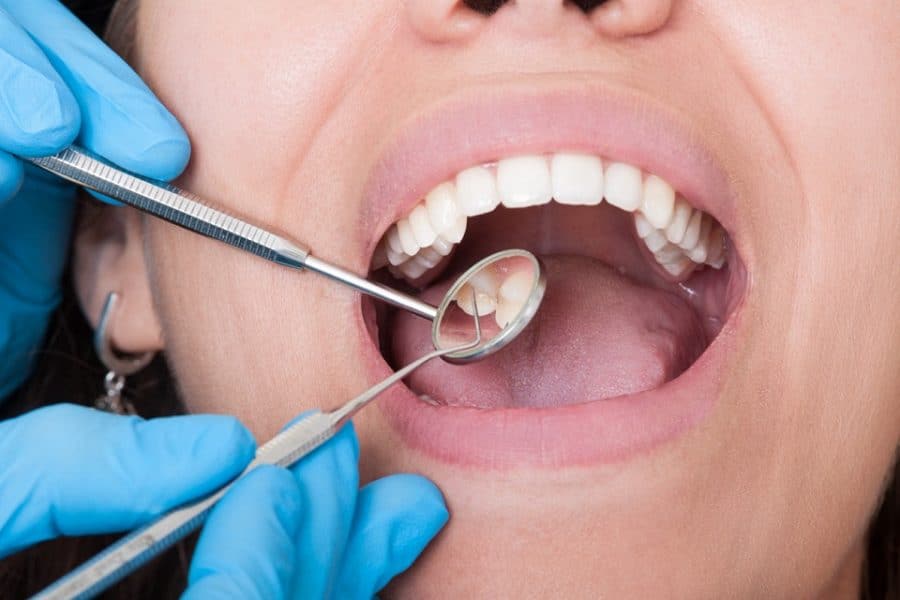When caring for your teeth, finding a dentist you can rely on is crucial. With an abundance of choices available in Canada and beyond, it's essential to consider the benefits of selecting a local dentist who understands your unique oral needs.
Luckily, this post will explore the advantages of neighborhood-based dental care and explain why opting for a local Royal Oak dentist can be a smart move for oral health. By the end, you'll understand the personalized care, accessibility, and community support that make local dental care stand out. Please read on.
1. Personalized Care And Individual Attention
Choosing a community dentist offers the advantage of personalized care and individual attention. Unlike large corporate dental chains, a local dentist builds long-term relationships with their patients. This proficient care allows them to develop a deep understanding of their dental history, preferences, and specific needs.
Local dentists ensure the highest level of mindfulness and satisfaction by tailoring treatments and procedures to each patient's unique circumstances. Consider a scenario where dental phobia or anxiety is a concern. A neighborhood dentist who knows you can take the time to alleviate your concerns, making your visits more comfortable and less stressful. They can employ various techniques to create a calm and soothing environment, such as playing relaxing music, using aromatherapy, or engaging in friendly conversation.
2. Enhanced Accessibility And Convenience
Another significant benefit of choosing a local dentist is the enhanced accessibility and convenience it offers. Community dental practices are typically located within your neighborhood, making them easily accessible and reducing travel time.
Opting for a nearby dentist can be especially beneficial in emergencies requiring immediate attention. Instead of driving long distances or waiting for extended periods, you can quickly reach them, ensuring prompt and efficient dental care.
Furthermore, neighborhood dental practices often have flexible scheduling options to accommodate patients' busy lifestyles. Whether you need an early morning appointment before work or a late afternoon visit after school, they'll be more likely to offer convenient time slots that align with your schedule. This level of accessibility and flexibility can make dental visits less disruptive to your daily routine, allowing you to prioritize your oral health without added stress.
3. Strengthening Community And Supporting Local Economy
Choosing a local dentist fosters a sense of community and contributes to the domestic economy.
By supporting a neighborhood dental practice, you're investing in the growth and prosperity of your district. Many community dentists participate in local events, sponsor sports teams, and support charitable initiatives. When you choose them, you receive quality dental care and help sustain and strengthen the fabric of your neighborhood.
Additionally, local dental practices often collaborate with other healthcare providers within the community, promoting a holistic approach to wellness. They may refer patients to trusted regional specialists or work together to develop comprehensive treatment plans. This collaboration ensures integrated care and a seamless healthcare experience for patients, with all aspects of their well-being considered.
4. Familiarity With Local Dental Needs And Trends
A community dentist is intimately familiar with your locality's specific dental needs and trends. They understand the common oral health issues that may arise from regional factors such as diet, water quality, and environmental conditions.
A local dentist’s knowledge enables them to provide targeted preventive care and early intervention, addressing potential concerns before they escalate. Community dentists stay updated with the latest advancements in dental technology and treatments to ensure patients receive the most effective and efficient care.
For instance, if you reside in an area known for high fluoride levels in the water supply, a local dentist will have extensive experience managing fluoride-related concerns. They can provide tailored advice on fluoride treatments or alternative preventive measures. Your community dentist’s familiarity with the regional dental landscape allows them to offer customized recommendations and treatment plans that align with the specific needs of their patients.
5. Stronger Doctor-Patient Relationship
Selecting a community dentist fosters a stronger doctor-patient relationship built on trust, familiarity, and continuity of care.
Unlike large dental chains where you may see a different dentist at each visit, a local dentist often remains a consistent presence throughout your oral healthcare journey. This comprehensive care allows them to develop a deep understanding of your dental history, track your progress, and adapt treatments accordingly. A stronger relationship with a neighborhood dentist can result in better communication, increased patient satisfaction, and a more comfortable dental experience overall.
Moreover, local dentists often prioritize building long-term relationships with their patients and treating them as individuals rather than mere scheduled appointments. They take the time to attentively listen to your concerns, address your questions, and educate you about proper oral hygiene practices. This genuine approach promotes a partnership in maintaining oral hygiene and empowers you to participate actively in oral care decisions.
Final Thoughts
Choosing a neighborhood dentist offers numerous benefits for individuals seeking high-quality dental care. From personalized attention and enhanced accessibility to community support and collaboration, community dental practices provide care and commitment that extends beyond regular dental services. So, why not take advantage of the advantages a community dentist can offer? Schedule an appointment today and experience the difference firsthand.



